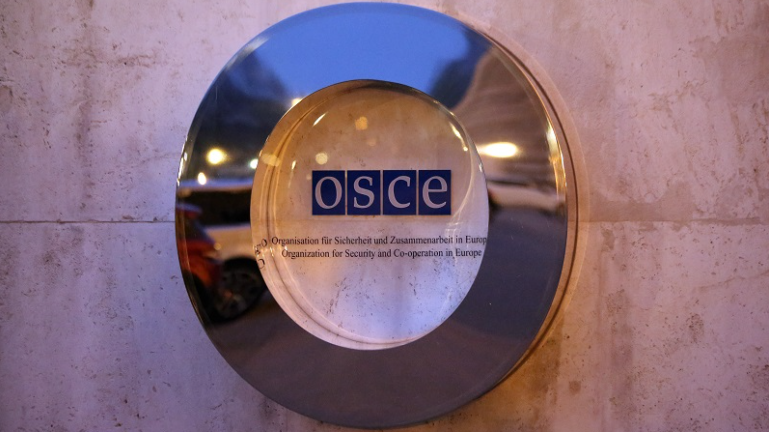VIENNA, 3 June 2025 – Stronger efforts towards inclusive policymaking are urgently needed to foster tolerance and counter discrimination across the OSCE region, according to leaders and experts at a two-day high-level meeting convened to mark 50 years since OSCE participating States reaffirmed their commitment to universal human rights, including freedom of thought, conscience, religion, and belief.
More than 270 participants—including representatives from OSCE participating States, international organizations, and civil society—gathered to assess progress and explore comprehensive approaches for building inclusive societies through dialogue, cooperation, and participation.
“Increasing gender equality and ensuring the inclusion of youth, persons with disabilities, national minorities, and other underrepresented groups is critical to building more resilient and tolerant societies,” said Ambassador Vesa Häkkinen, Finland’s Permanent Representative to the OSCE and Chair of the Permanent Council. “For Finland, inclusion is a cross-cutting priority during our OSCE Chairpersonship. Amplifying all voices contributes directly to the security and stability of our societies.”
The event opened with a discussion on the need to better understand the complexity of human identity and how individuals experience intolerance and discrimination, including its impact on victims. Participants then explored the role of inclusive interfaith, interreligious, and intercultural dialogue in promoting tolerance and addressing the root causes of hatred and division.
“Inclusive policymaking fosters trust, strengthens social cohesion, and helps develop lasting solutions,” said Maria Telalian, Director of the OSCE Office for Democratic Institutions and Human Rights (ODIHR). “Too often, political leaders overlook the importance of inclusivity. More innovative, community-driven solutions are needed to increase participation and counter the rising tide of polarization and hate.”
Sessions also addressed how inclusive dialogue can challenge harmful stereotypes and combat disinformation. Special emphasis was placed on increasing the participation of women, youth, persons with disabilities, and minority communities in policymaking processes.
The discussions aim to equip OSCE participating States with effective strategies and practical tools to counter intolerance and discrimination through inclusive, rights-based approaches. The outcomes are expected to strengthen the ability of policymakers, educators, and civil society organizations to form coalitions that address deep-seated patterns of exclusion and promote inclusive social development.
All OSCE participating States have condemned intolerance and discrimination as threats to social cohesion and peace. They have committed to developing targeted programmes to foster tolerance, raise public awareness, and support comprehensive security across the region.
ODIHR offers a range of tools and resources to help States and civil society counter intolerance, discrimination, and hate crime, available here.
The Supplementary Human Dimension Meetings provide a vital platform for OSCE participating States, institutions, international bodies, and civil society to share experiences and identify joint solutions to today’s most pressing human rights challenges.



